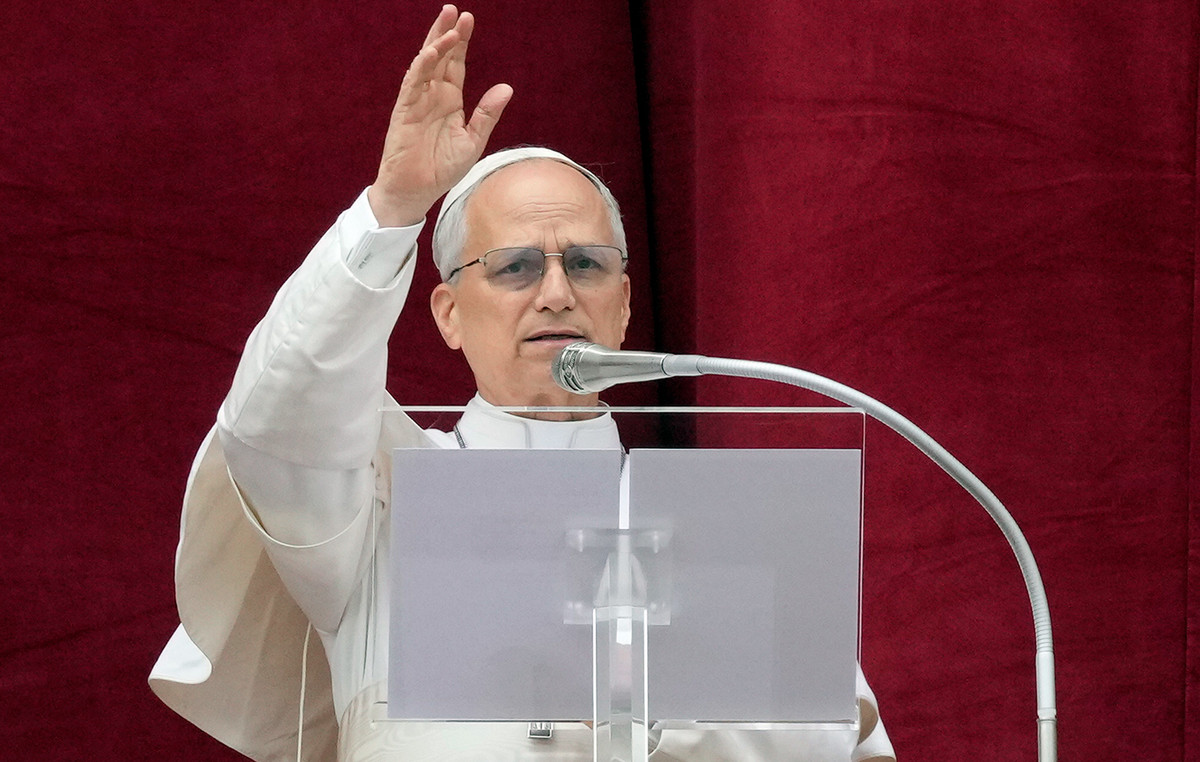The presidents of the Senate, Rodrigo Pacheco (PSD-MG), and of the Chamber, Arthur Lira (PP-AL), articulate an agreement of procedures on the projects that are being processed in the two houses in order to approve a single text and that one house cannot lock a project that the other approves.
The idea is to avoid repeating what happened in other votes in which deputies approved a proposal that ended up in the Senate, and vice versa. This history ended up distancing Pacheco and Lira, who are now trying to close a pact so that, at least in this case, the two houses can understand each other.
Rodrigo Pacheco has already announced in recent days his option to focus the vote on two projects. One that creates a compensation fund to stabilize the price of oil and the other that establishes a model for charging ICMS.
There is a perception that there is no point in the Senate approving one bill and the Chamber approving another. The two presidents already had a meeting this morning and it is possible that they will also meet this Thursday night (10).
One option on the table is for Lira to make suggestions for the Senate to include in the text his suggestions and, of course, those that the government defends. For example, the essence of what is defended in the PEC on Fuels of the Chamber: the need for the Union and States to authorize the reduction of taxes and the deadline for this to occur.
The question is whether points like these — and others that may eventually be included — can enter Brazilian legislation through the infraconstitutional route.
Source: CNN Brasil
I am Sophia william, author of World Stock Market. I have a degree in journalism from the University of Missouri and I have worked as a reporter for several news websites. I have a passion for writing and informing people about the latest news and events happening in the world. I strive to be accurate and unbiased in my reporting, and I hope to provide readers with valuable information that they can use to make informed decisions.





